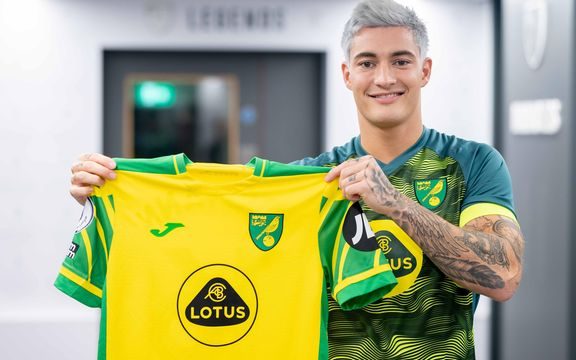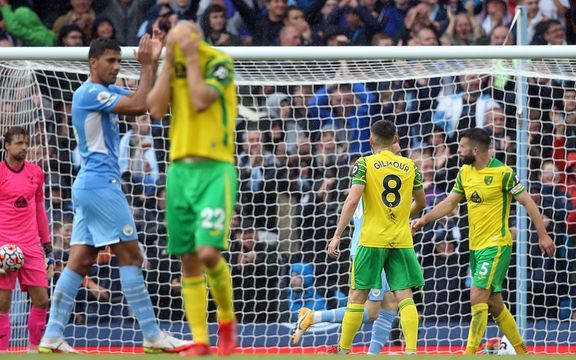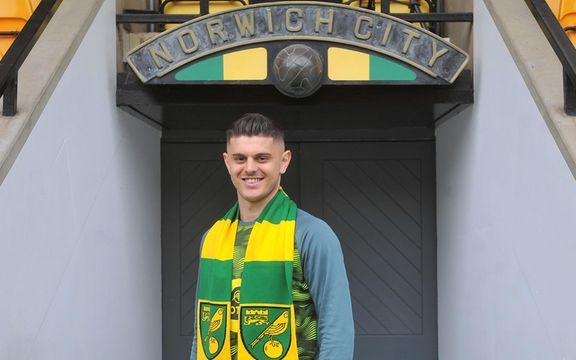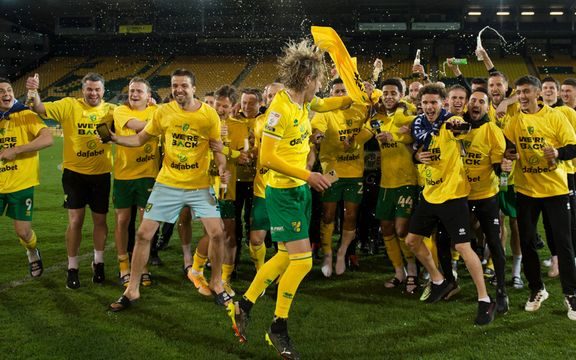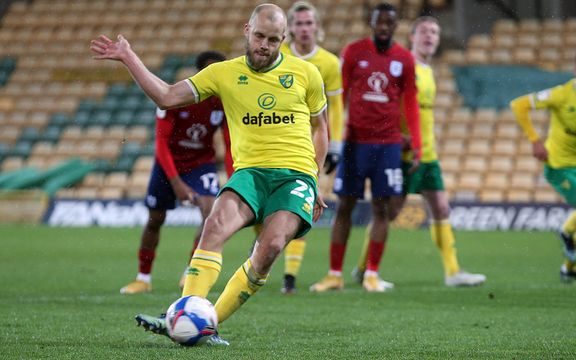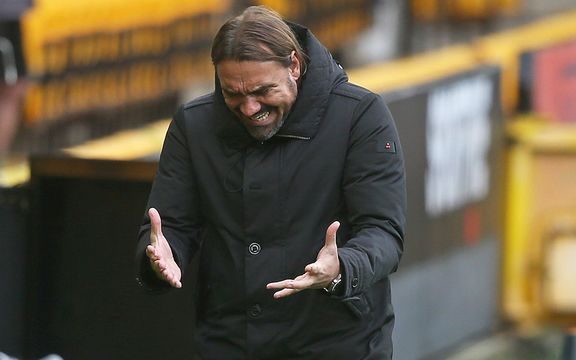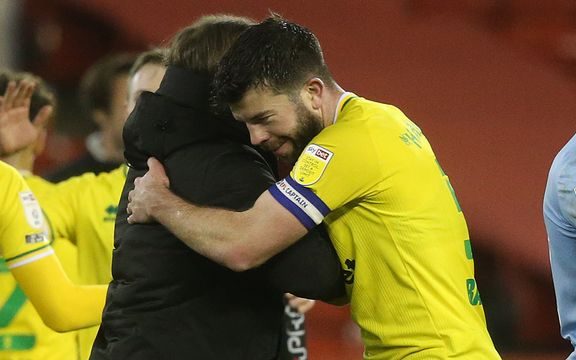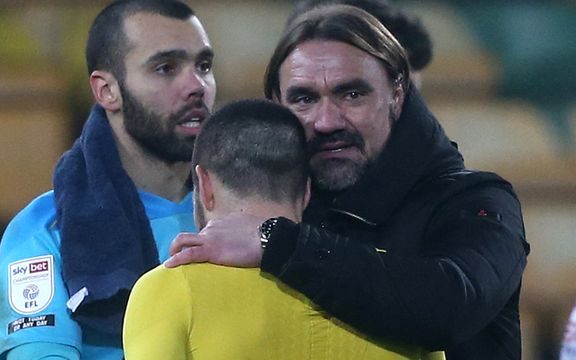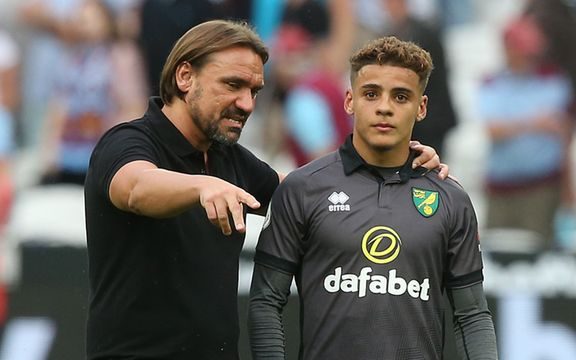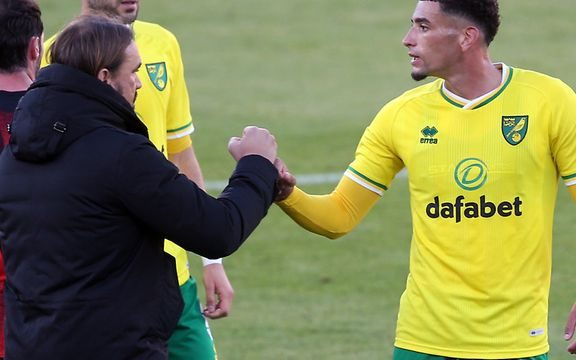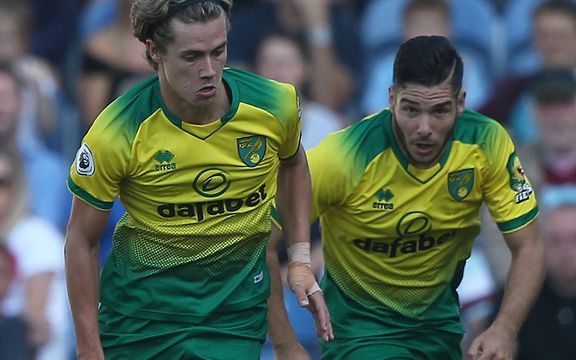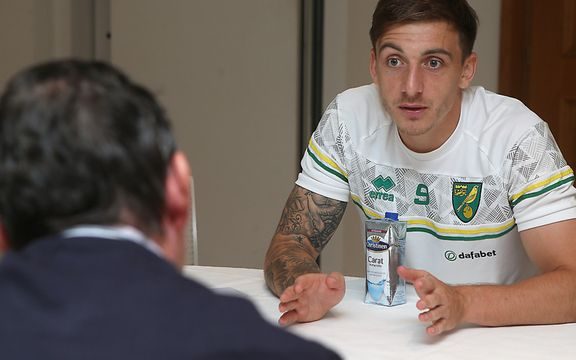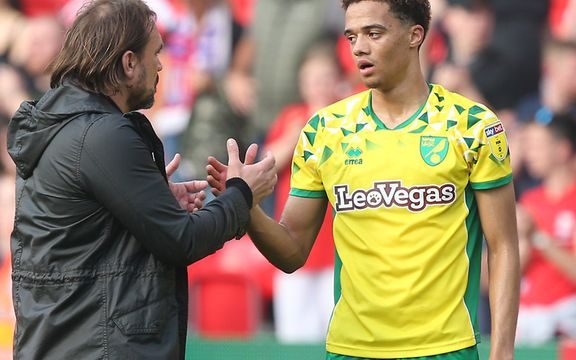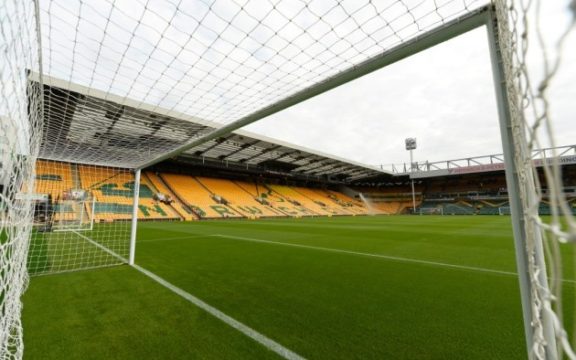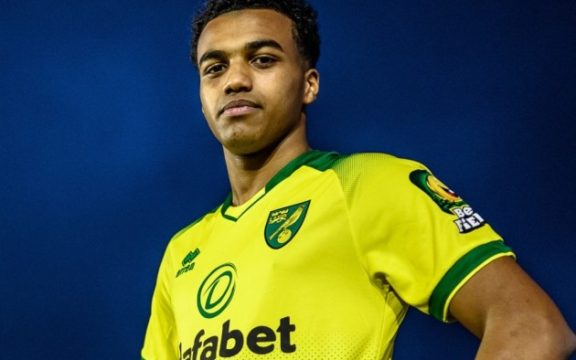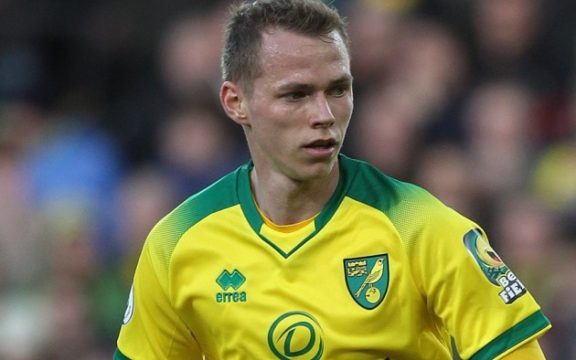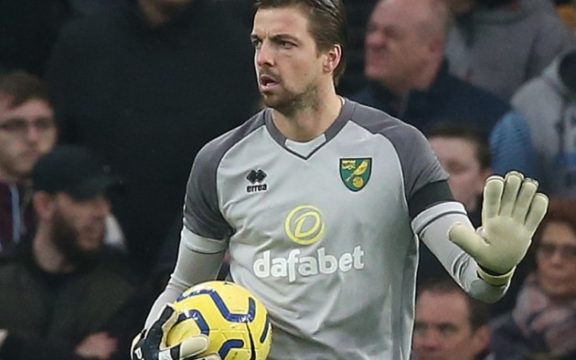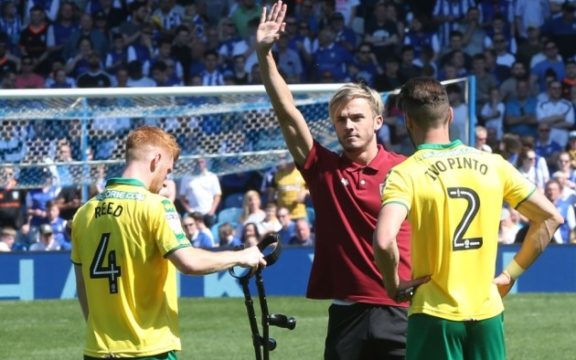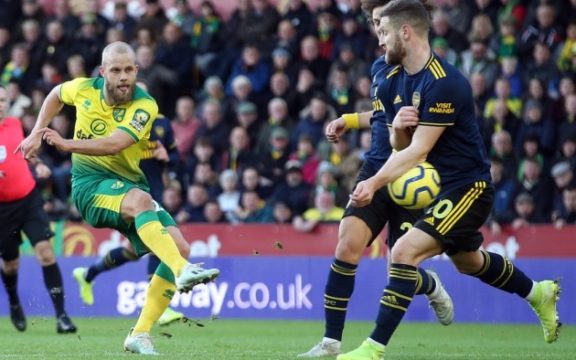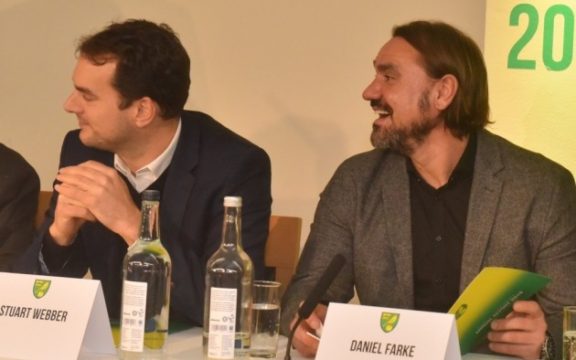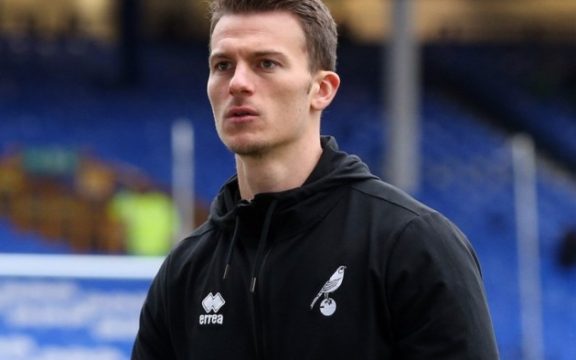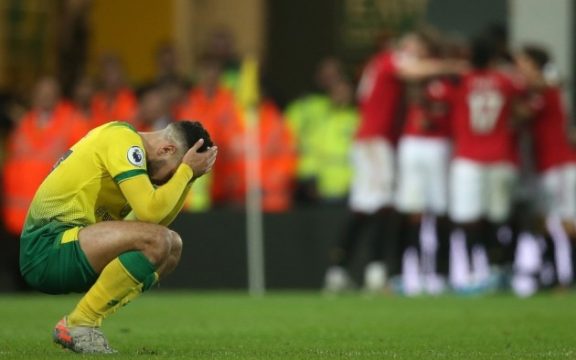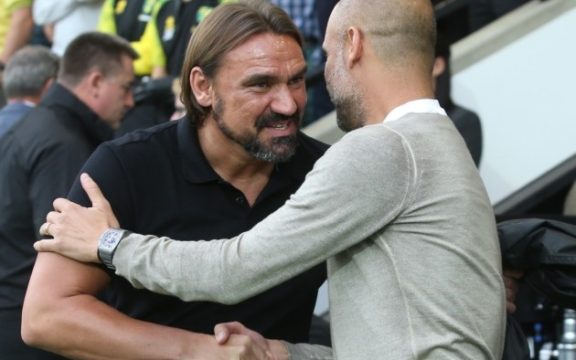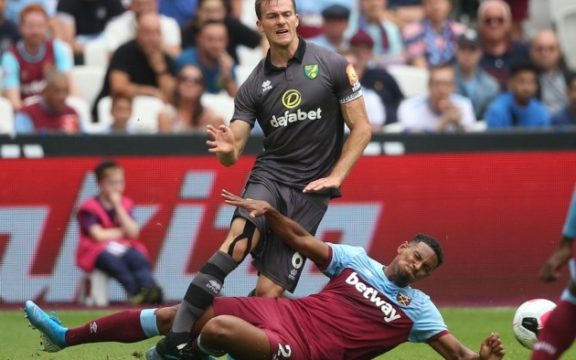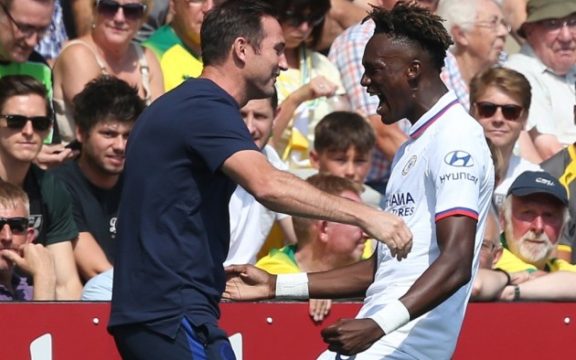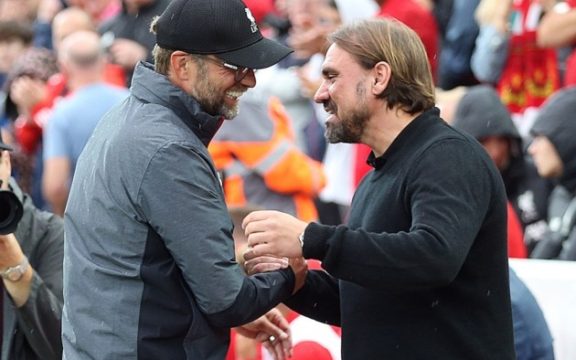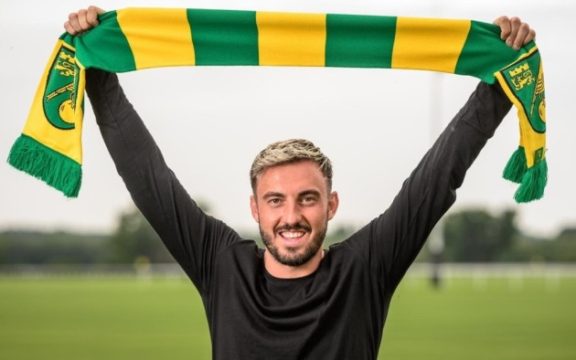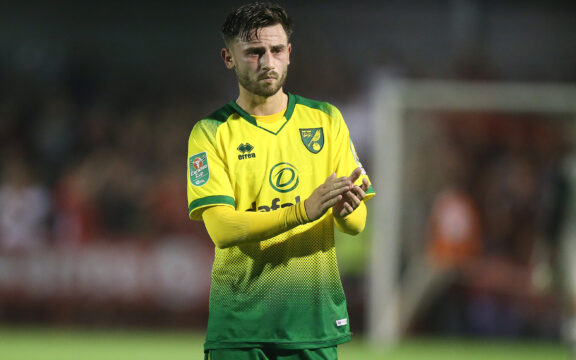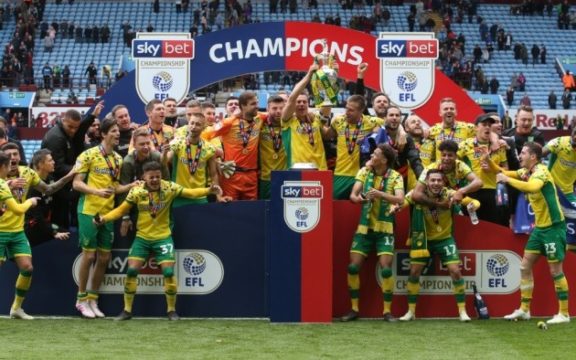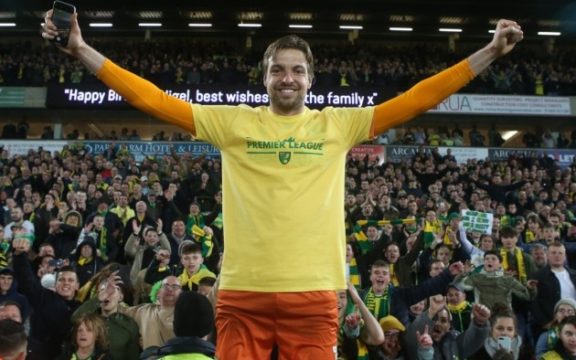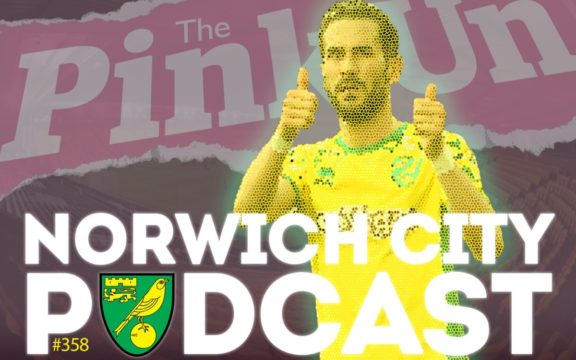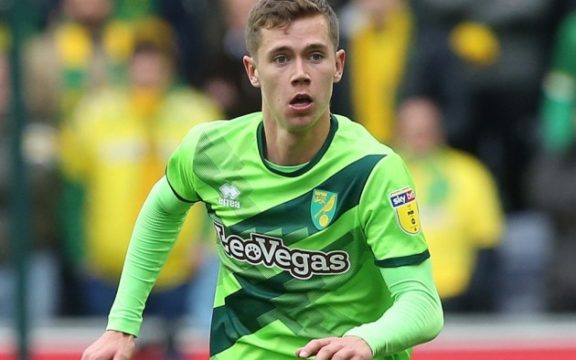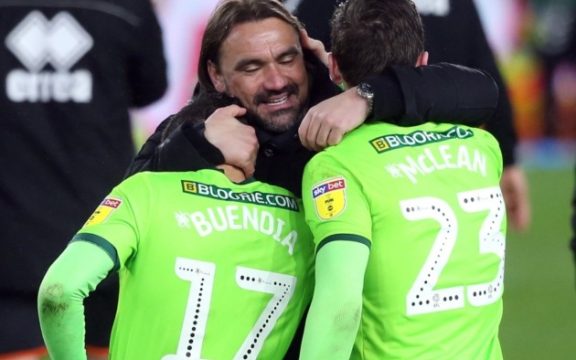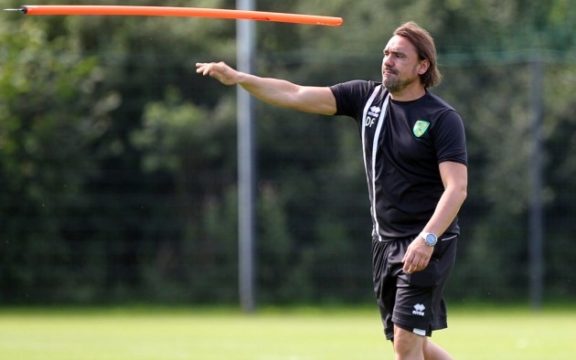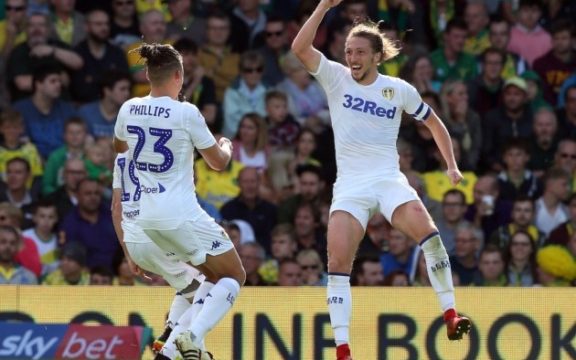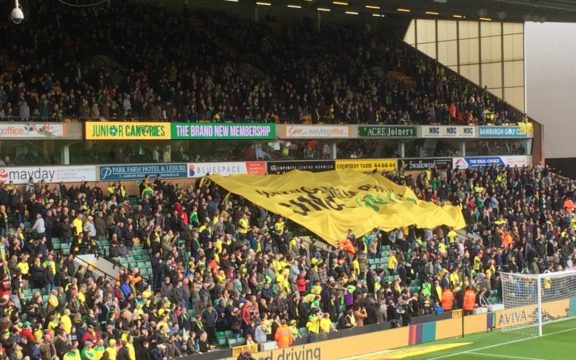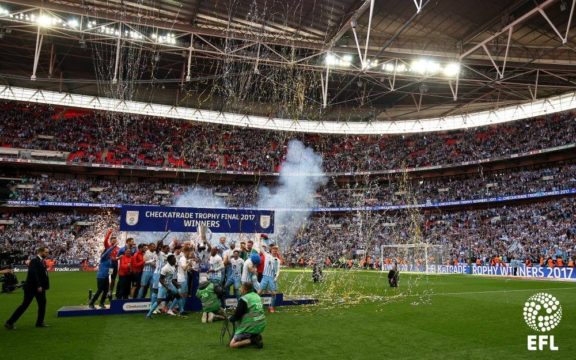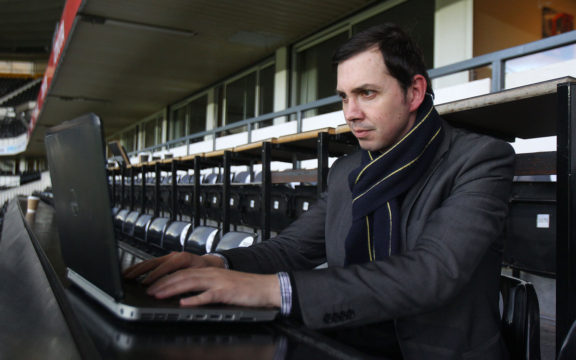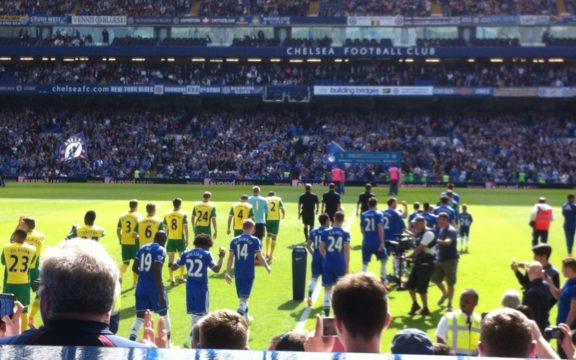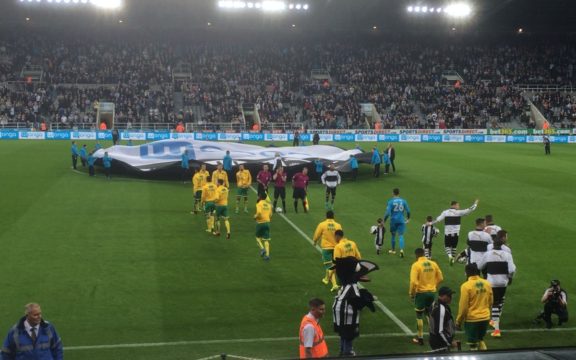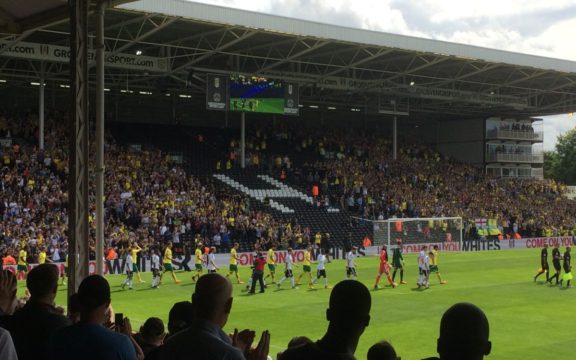Goodbye, Dean. Not sure you will be missed by too many Norwich City fans.
A people carrier swept him and his assistant, Craig Shakespeare, away from Kenilworth Road in the dead of night, as the squad he left behind trooped onto the coach.
There was more than an echo of Daniel Farke’s ignominious exit in the bowels of Brentford’s away dressing room. But that, for the majority of City fans, was where the parallels ended.
But Smith has gone. A Webber appointee who arrived on a ticket as an experienced head coach; one capable of offering a port in the storm that tossed Farke overboard.
With Farke went the drive for Norwich to do things differently. To act differently, to take a more holistic approach that focused as much on the mid- to longer-term strategy as the turbulence of a 90-minute quest for results and three points.
That is not to overlook the transformation at Colney or the commitment to cultivating academy talent. But what has happened front of house has lost its appeal, its sense of originality and its freshness.
Smith was at pains to point out he was not Farke. He would not attempt to act like Farke. Few really expected him to. But his failure to communicate a philosophy, or his coaching principles to a group of players who had been over this course and distance successfully twice before, is the reason he failed to forge any connection with the Norwich fan base.
Those jibes, post-Blackburn, in response to stinging cat calls there was a ‘narrative’ centred on his style of play did him no favours. Privately, elements of the squad he leaves behind might well open up about the deficiencies in his coaching set-up. That is not to absolve Grant Hanley or his team-mates – they must shoulder their responsibility for this malaise.
The revelation his family was now staying away, and in his opinion what had unfolded in the past week or so marked the lowest point of his career, was uncomfortable to hear on a human level.
For all his faults at Carrow Road, Smith was a decent individual. Perhaps he will now get the time to ‘grieve’ that eluded him when he was jettisoned from Villa, before a return to the game.
In truth, the focus cannot simply rest on those in the dugout, on the pitch or even higher up the food chain. They win as a club, they lose a club. But that lack of direction, that sense of drift has been palpable for all of Smith’s tenure.
He had to front up too often as the spokesperson for an organisation who have turned inward. Finance chief, Anthony Richens, told club channels any talk of a ‘disconnect’ was over-played. He may wish to reconsider. But that is for another column and another day. This is a dissection of Smith and his 13 months in charge.
There was a huge degree of sympathy, even slack afforded him, as he piloted a squad of players he effectively inherited back to the Football League with a jolt. There were some notable moments. That first home comeback win at Carrow Road against Southampton on an opening night when he was serenaded not berated.
A flicker of life at the turn of this year, with back-to-back top-flight wins over Everton and Watford that heralded the true emergence of Adam Idah as a frontline option, and perhaps a gathering sense the script was not written.
Alas, Idah’s season would end in the very next Premier League game against Crystal Palace through a knee injury, and the curve plunged south.
Injury and illness, particularly that Covid period around the turn of the year, proved further handicaps in a scenario largely beyond Smith’s control. But you could argue the ‘sliding doors’ moment had already come and gone, late on at Newcastle barely three games into his tenure. A basement battle on Tyneside against a club below them in the standings, under new management in Eddie Howe.
At 1-1, Pierre Lees-Melou spurned a golden chance in stoppage time that late November night in 2021 to seal victory. What that would have done for both Norwich, and Newcastle, one can only surmise.
Even in the less exacting surroundings of the Championship there was only fleeting passages where Smith’s Norwich threatened to evolve into a consistent results machine, forged on performances that suggested the players bought into his methods, and those methods were residually effective against all manner of Championship opponents.
The concessions at Luton, and the pallor of their limp first-half offering at Kenilworth Road, was compelling evidence for the prosecution.
When Dimi Giannoulis effectively gifted the Hatters a soft opener, Michael Wynn Jones threw his arms up in frustration, sending his yellow scarf into the air. By the final whistle there was nothing but an air of resignation from the Norwich contingent in the directors’ box.
To pick up only one win from the last seven at Carrow Road was an indictment of Smith and his coaching team.
To return to the thorny topic of ‘narratives’ the belief still holds this group of players are good enough to be moulded into a promotion-challenging force. But it will not be Smith who tries. It will be another roll of Webber’s dice.
His judgment was backed by a board who even now, one strongly suspects, retain elements who yearn for the giddy excitement of peak-Farke times. But this is a different Norwich.
The fan base remains as loyal and as committed as they were before Smith, before Webber, before the majority shareholders. ‘It’s all our fault’ was the ironic refrain from a few who braved the cold of Kenilworth Road.
To question their backing, even unintentionally, was rightly the accelerant in Smith’s demise.
It accentuated his failure on the training pitches at Colney, and various Championship outposts since an opening day defeat to Cardiff.
Those shaping the direction of travel from here would be advised not to take such loyalty for granted. And listen.

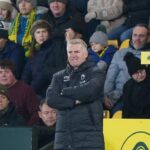


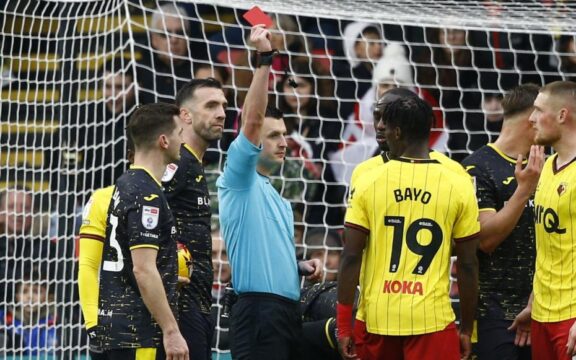
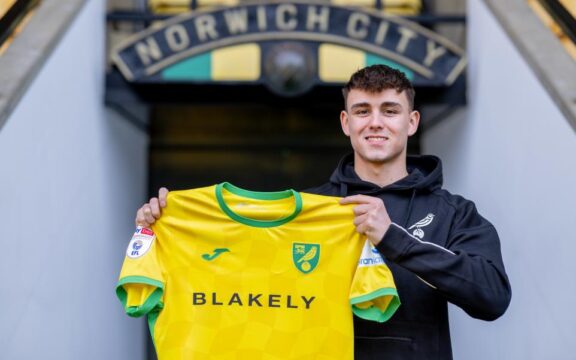
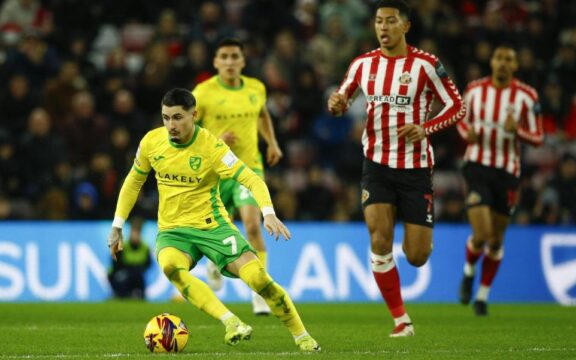
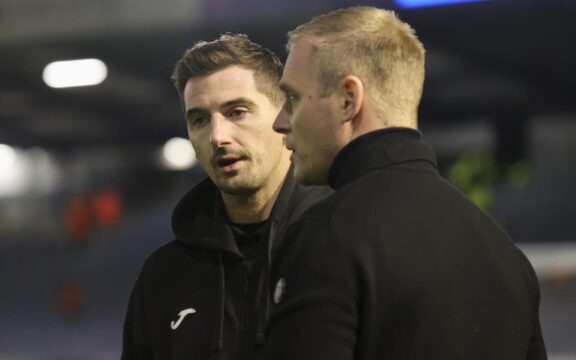
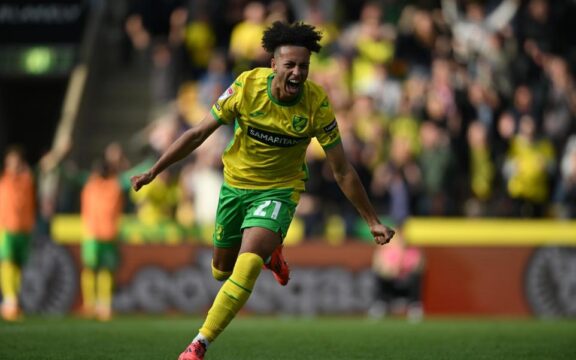
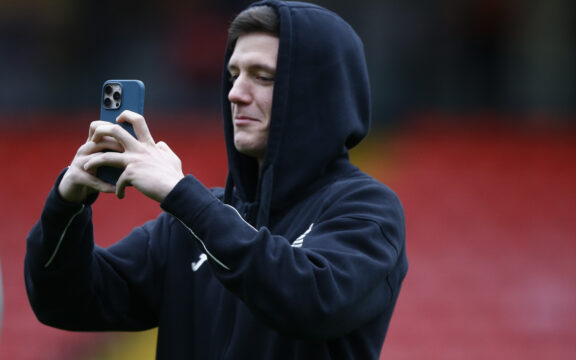
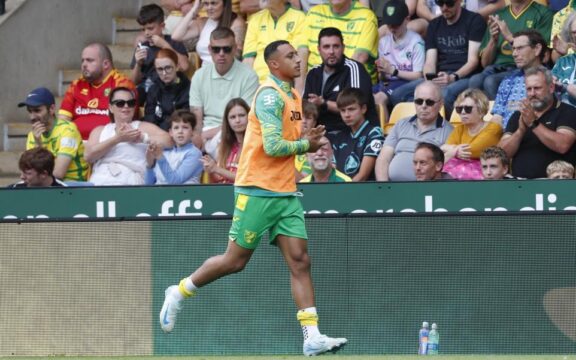
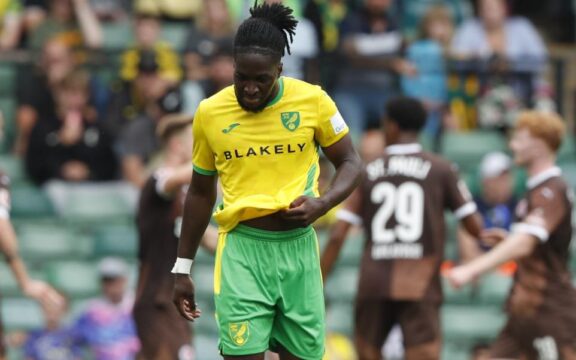
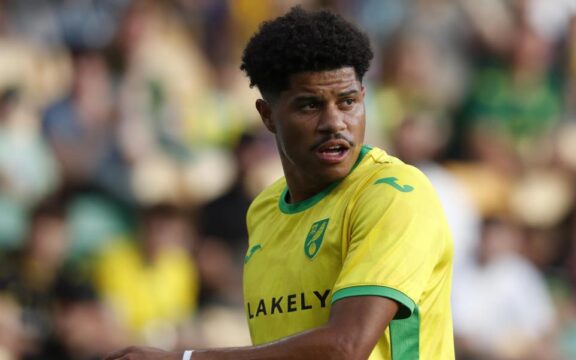
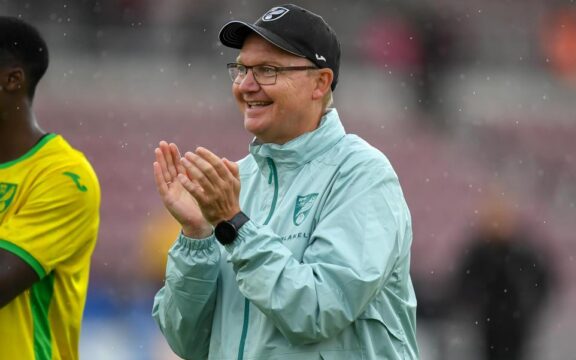
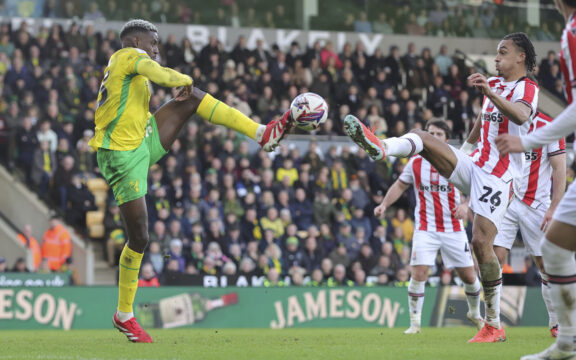
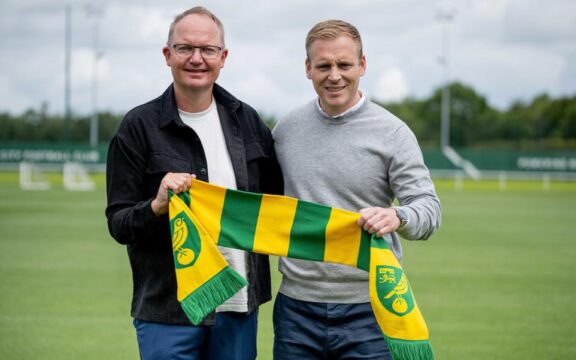
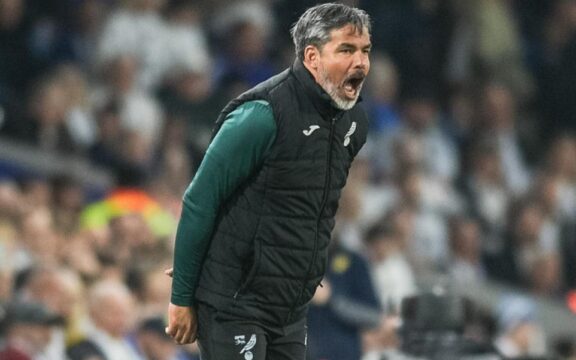
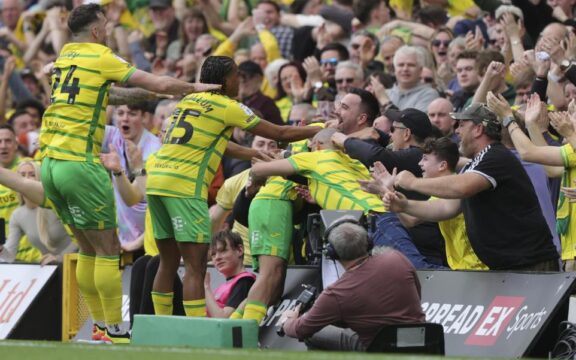
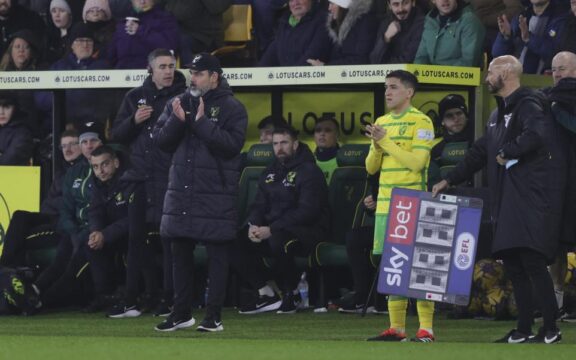
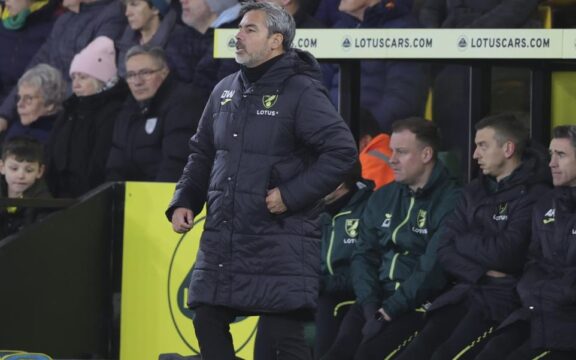
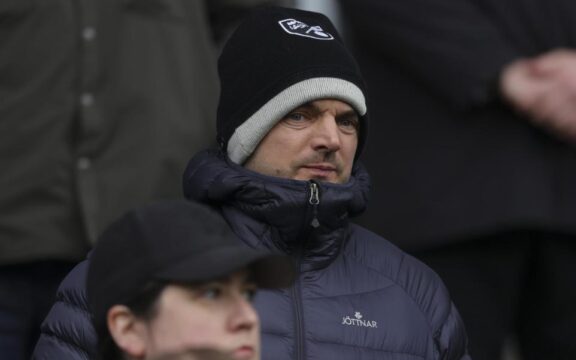


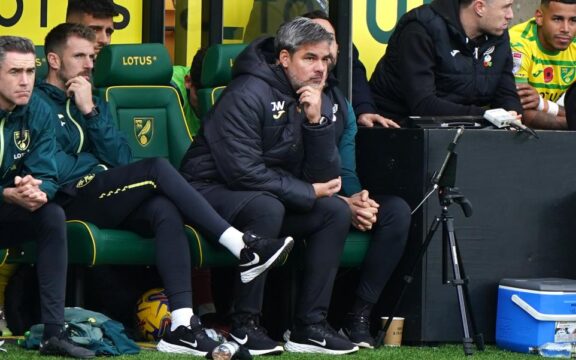
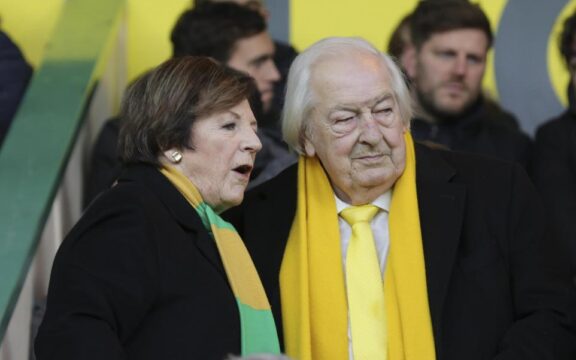

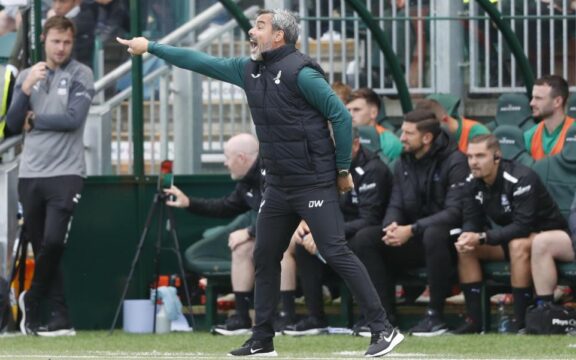
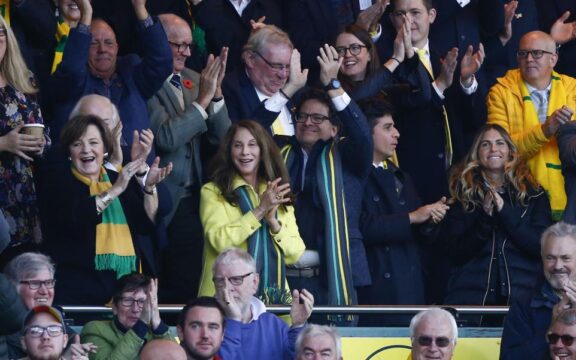
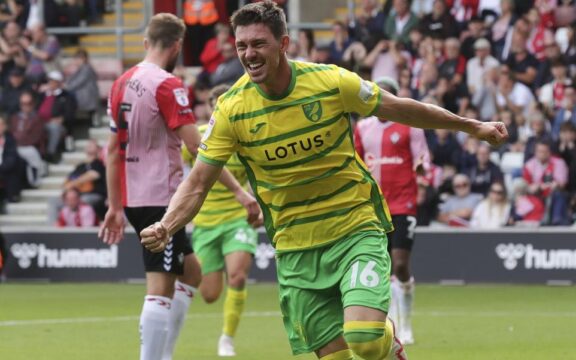
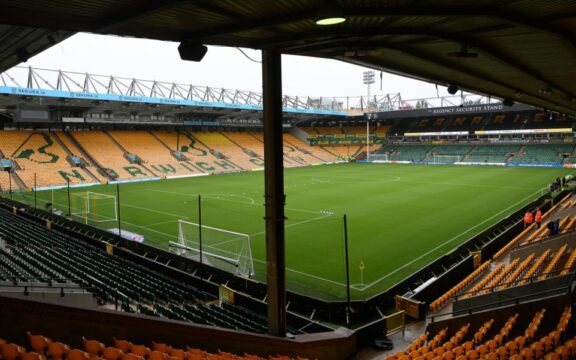
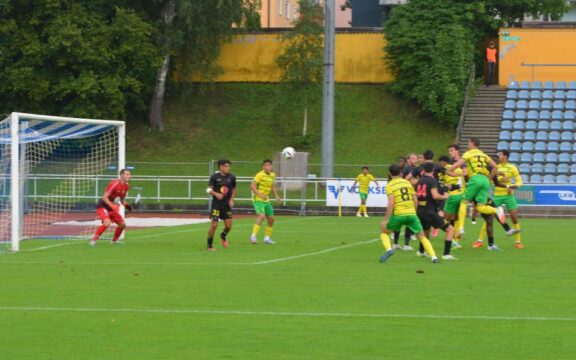
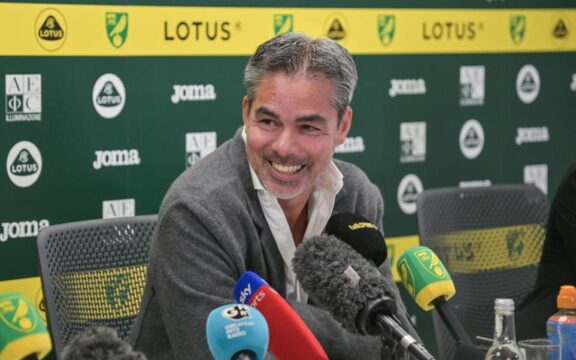
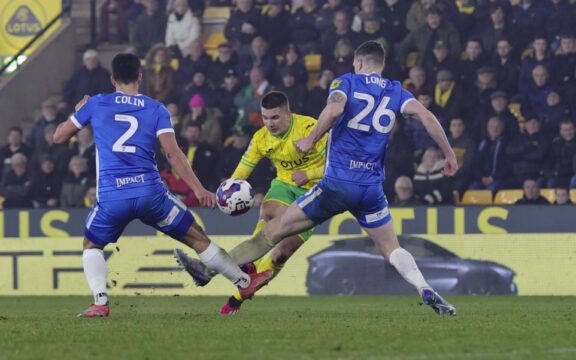
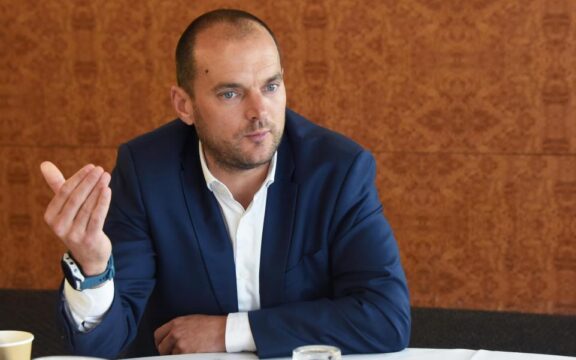

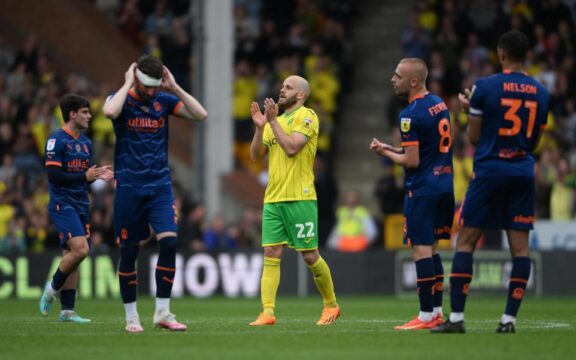

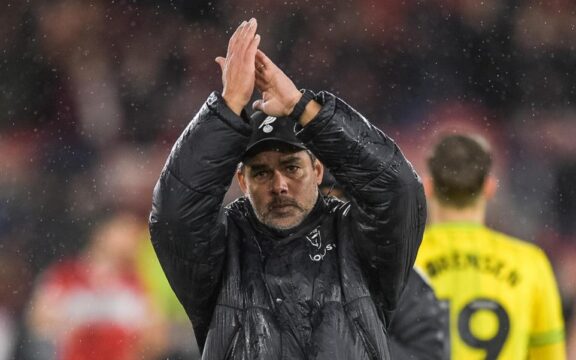
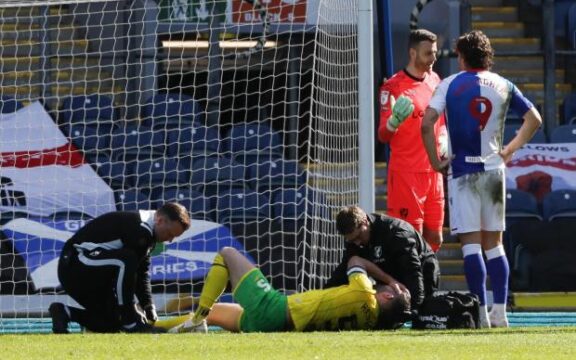

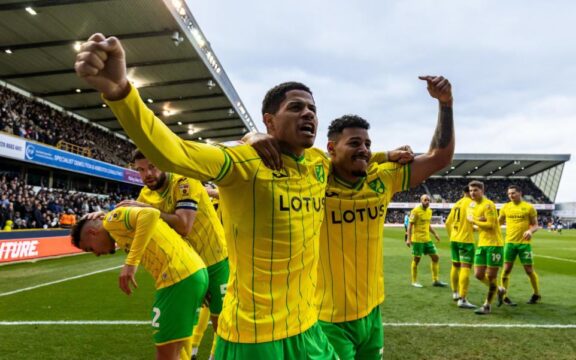
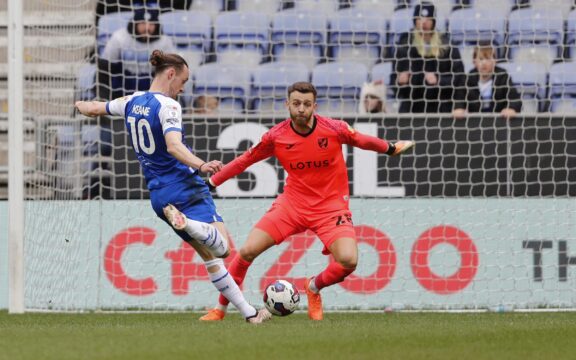
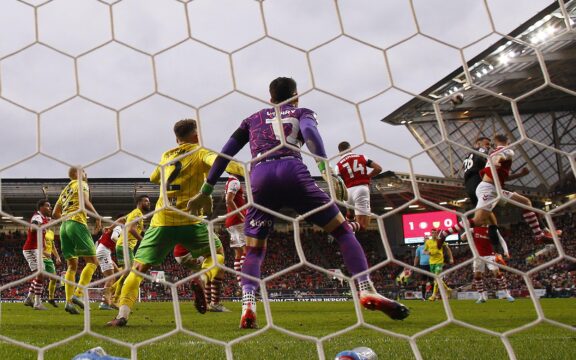

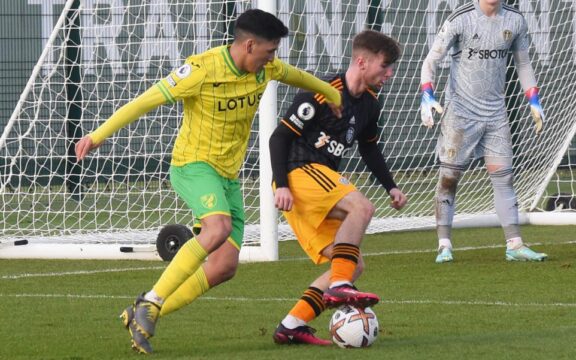

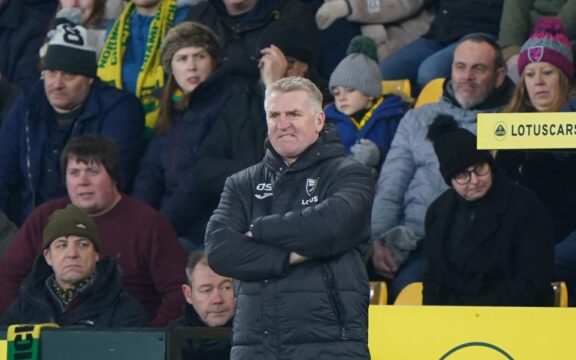

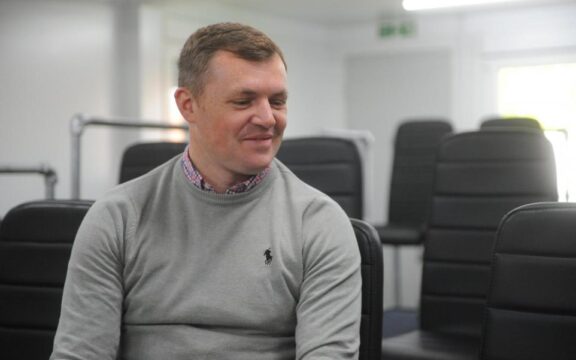
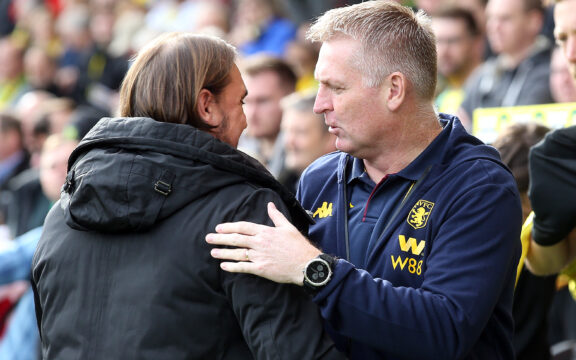
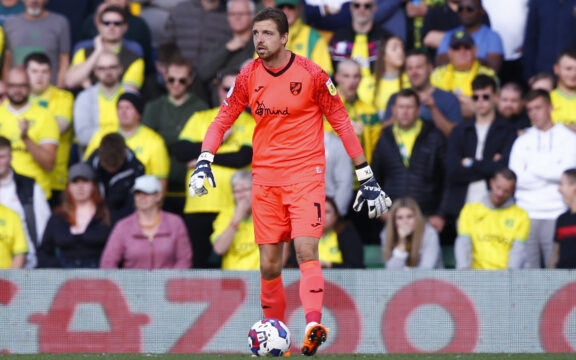
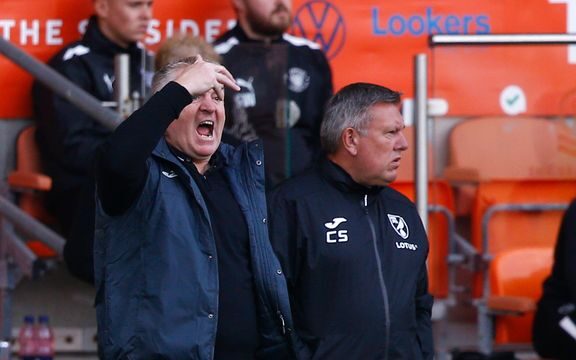
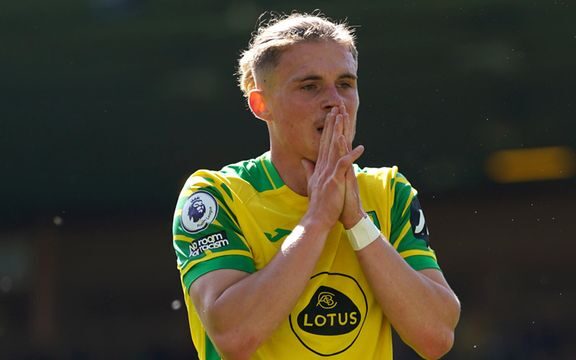
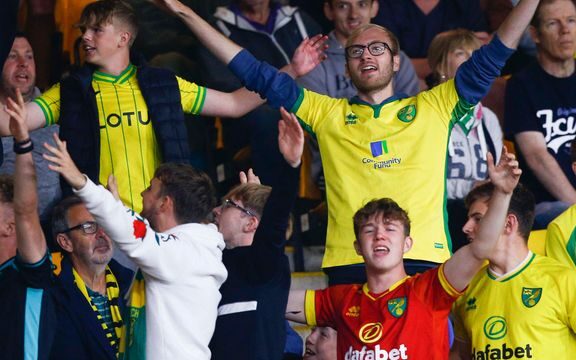
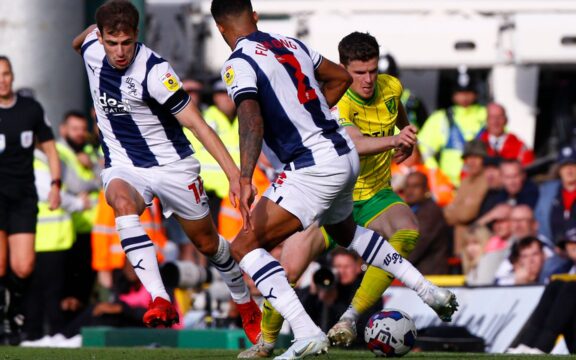


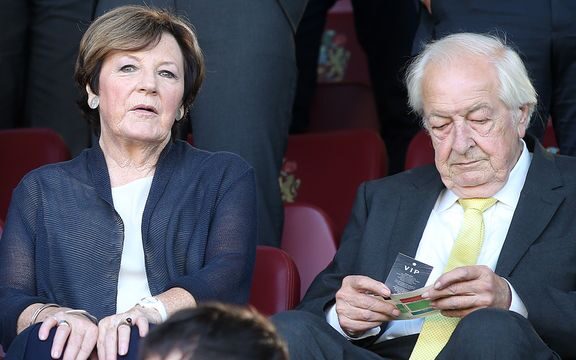
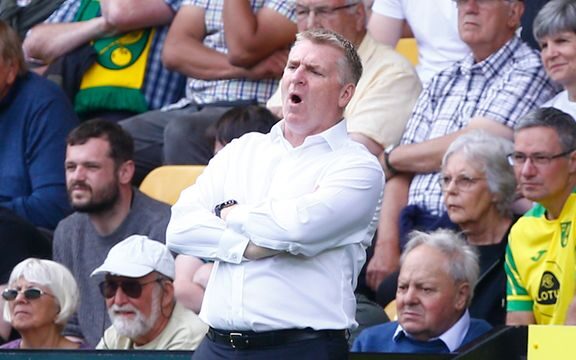

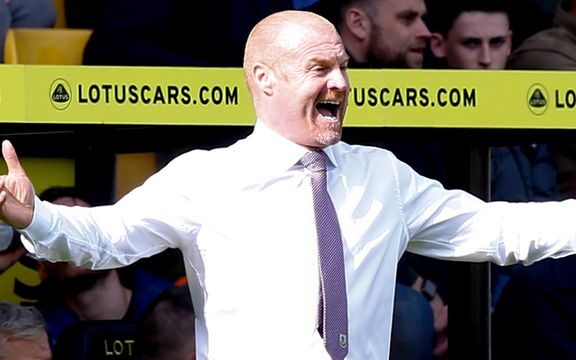
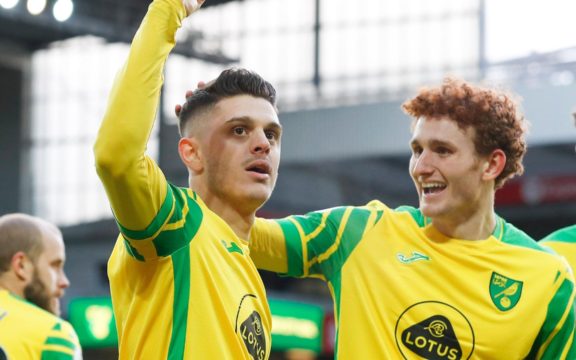

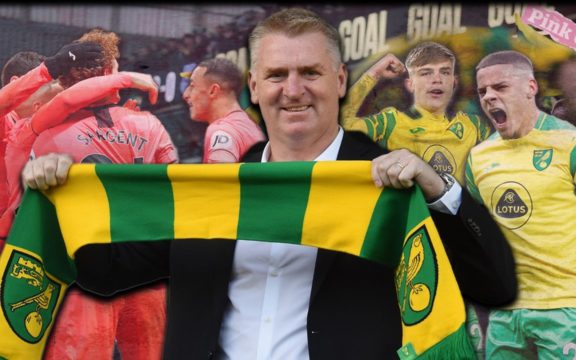

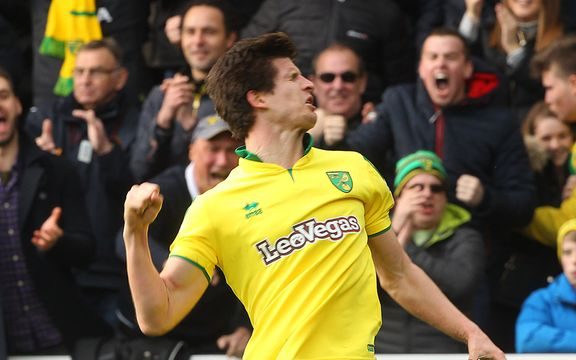
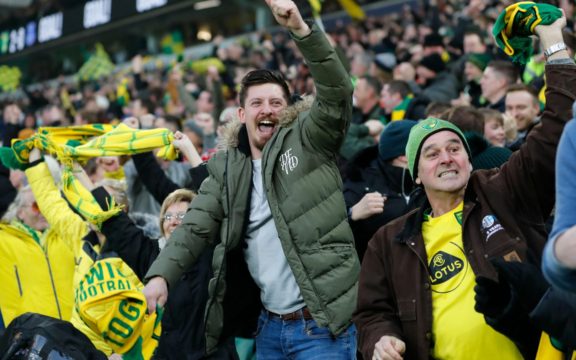
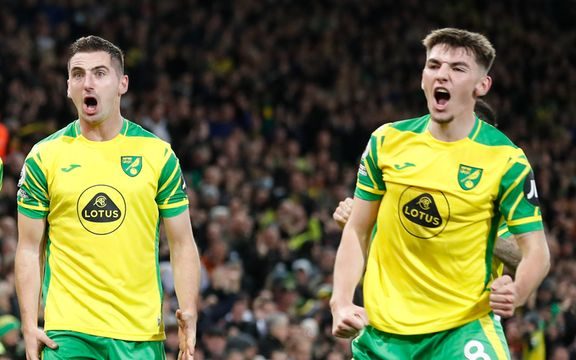
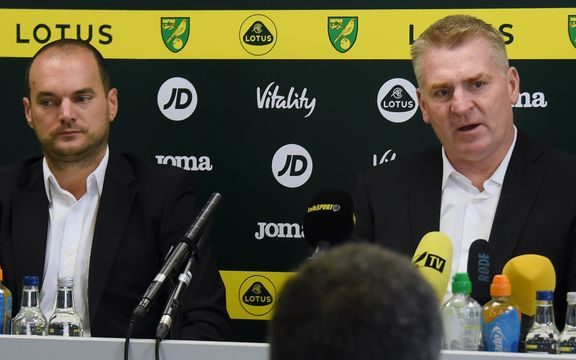
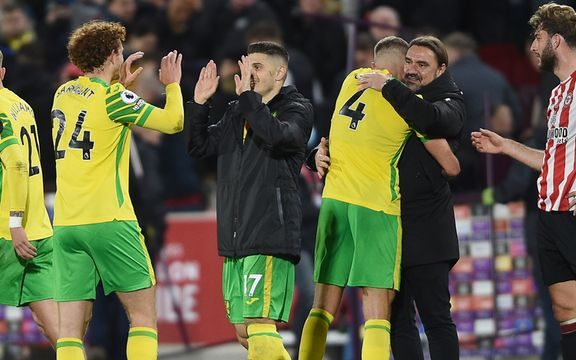
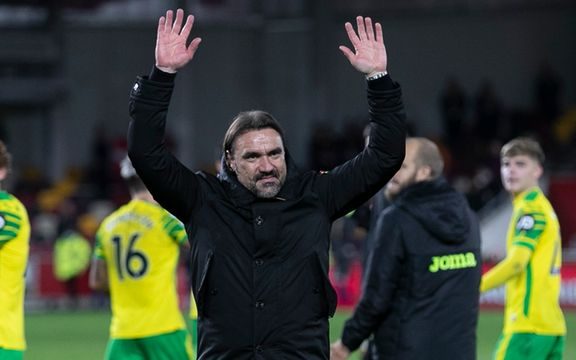
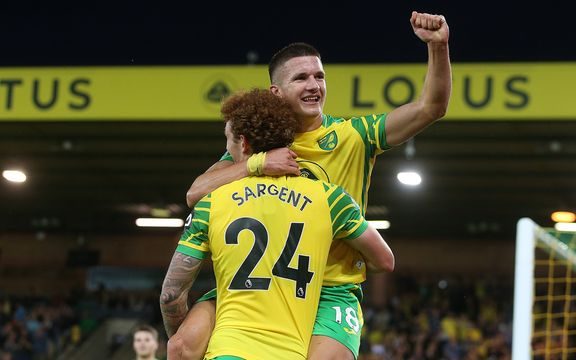
![Paddy’s Pointers: Five observations from City 0, Chelsea 7 [SEVEN]](https://pjdavittbooks.co.uk/wp-content/uploads/2022/01/chelsea-576x360.jpg)
